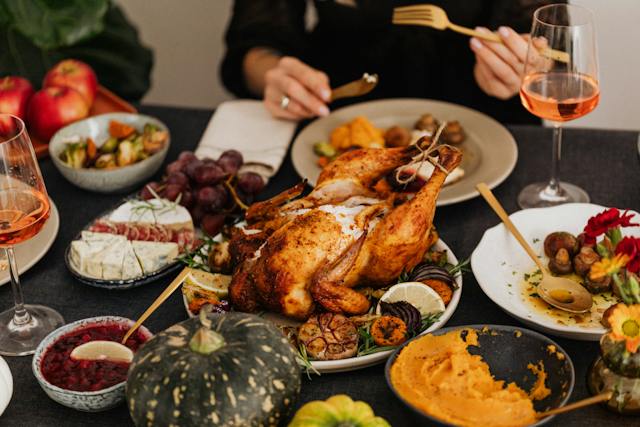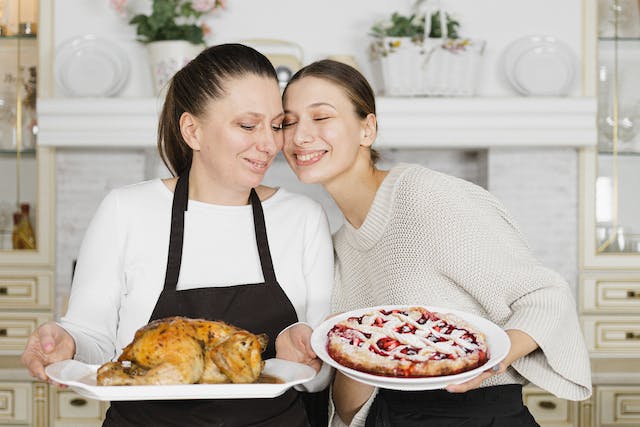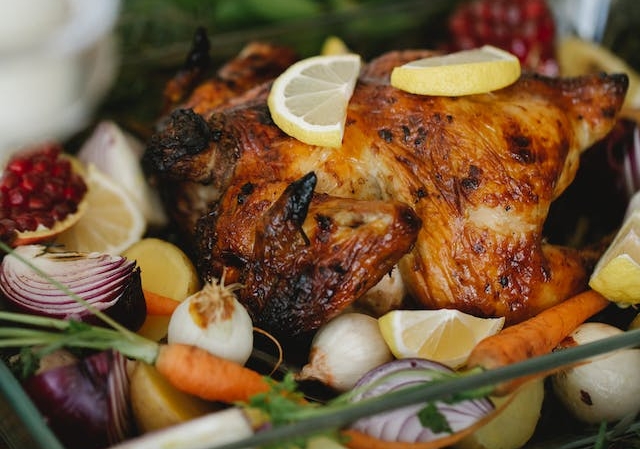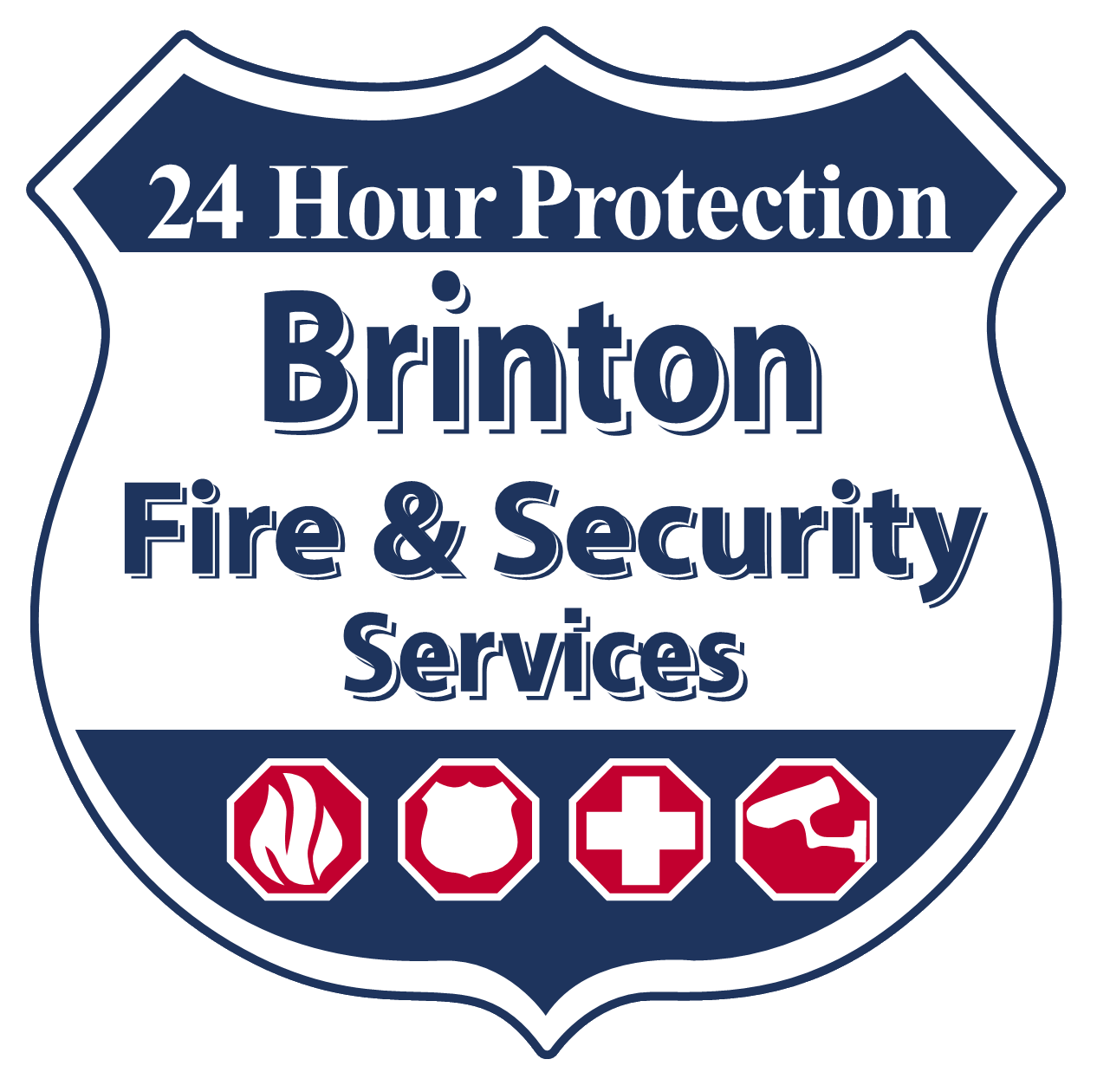As the holiday season approaches, families and friends come together to celebrate Thanksgiving, a time for gratitude, feasting, and quality time spent in the kitchen. However, it’s important to remember that cooking-related incidents, particularly fires, are more common during this time of year. At Brinton Fire & Security, a trusted security and fire prevention company serving Shell Knob and Branson, Missouri and the surrounding states, we prioritize the safety of our community. In this article, we will provide you with essential fire prevention safety tips to ensure a safe and enjoyable Thanksgiving celebration.
The Increased Risk on Thanksgiving
Thanksgiving sees a significant increase in home cooking fires, with three times as many incidents compared to any other day of the year. The combination of jammed stovetops, crowded kitchens, and additional cooking activities can lead to accidents if precautions are not taken. To avoid potential disasters and keep your loved ones safe, it’s crucial to follow these fire prevention safety tips:
1. Keep a Watchful Eye
One of the most important fire prevention tips is to never leave your cooking unattended. If you need to step away from the kitchen, ensure that you turn off the burner. It only takes a few seconds for a fire to start and spread, so always stand by your pan.
2. Be Mindful of Frying
Frying food is a common cause of cooking fires. When frying, it’s essential to keep an eye on what you’re cooking. If you notice smoke or grease starting to boil, turn off the burner immediately. Additionally, remember to roll up your sleeves to reduce the risk of your clothing catching fire.
3. Supervise Children and Pets
Children and pets are naturally curious and might be drawn to the kitchen during Thanksgiving festivities. To prevent accidents, ensure they stay away from the stove and other cooking appliances. Keep a close eye on them and assign a responsible adult to supervise their activities.
4. Stay Alert and Monitor Your Cooking
While preparing a feast, it’s easy to become distracted by the buzz of family and friends. However, staying alert and focused on your cooking is crucial for fire prevention. If you notice any signs of smoke or if grease starts to boil, turn off the burner immediately.
5. Handling an Oven Fire
In the event of an oven fire, it’s important to stay calm and take immediate action. Keep the oven door closed and turn off the heat to suffocate the flames. Do not open the door until the oven has cooled down completely.

Creating a Safe Cooking Environment
Safety Tips for a Safe Thanksgiving
Apart from being vigilant while cooking, it’s essential to create a safe environment in your kitchen. By following these additional fire prevention tips, you can minimize the risk of accidents:
6. Clear the Area
Ensure that any flammable items, such as dishtowels, bags, boxes, paper, and curtains, are moved away from the stove. Keeping these items at a safe distance reduces the risk of them catching fire.
7. Handle Pot Handles with Care
To prevent accidents, always turn pot handles towards the back of the stove. This ensures that no one accidentally bumps into or pulls them over, reducing the risk of spills or burns.
8. Outdoor Use of Turkey Fryers
If you plan to use a turkey fryer, it is crucial to do so outdoors and on a sturdy, fire-resistant surface. Keep the fryer away from anything that can catch fire, and make sure you follow the manufacturer’s guidelines for safe usage.
9. Check Smoke Alarms
Regularly check and ensure that your smoke alarms are in working order. Install smoke alarms near sleeping areas to provide early warning in case of a fire. It is important to have an escape plan that your family is familiar with in case of an emergency.

Safe Turkey Frying
Turkey day Fire Prevention Safety
Deep-fried turkey has become a popular Thanksgiving tradition, but it comes with its own set of fire hazards. If you plan to use a turkey fryer, follow these safety tips to prevent accidents:
10. Choose the Right Location
Turkey fryers should always be used outdoors, away from any flammable structures or materials. Never use them in garages, on covered patios, or near wooden decks.
11. Thaw the Turkey Completely
Ensure that the turkey is completely thawed before frying it. A partially frozen turkey can cause the hot oil to splatter, leading to potential burns and fires.
12. Don’t Overfill the Fryer
Overfilling the fryer with oil is a common mistake that can lead to dangerous situations. Follow the manufacturer’s instructions and never exceed the recommended oil level. Before adding the turkey, perform a water test to determine the correct amount of oil.
13. Never Leave the Fryer Unattended
It is crucial to stay present and attentive while operating a turkey fryer. Never leave it unattended, and keep children and pets at a safe distance. Remember that the oil will remain dangerously hot for several hours after use.
14. Use the Recommended Oil
Always use the type of oil recommended by the manufacturer for your turkey fryer. Different oils have different ignition temperatures, and using the wrong oil can increase the risk of a fire.
15. Keep an All-Purpose Fire Extinguisher Nearby
Having a functioning fire extinguisher within reach is essential in case of emergencies. Ensure that you know how to operate it effectively. Remember, never use water to extinguish a grease fire.

Conclusion
Thanksgiving is a time to cherish and celebrate with loved ones. By following the fire prevention safety tips provided in this article, you can ensure a safe and enjoyable holiday season. Remember to stay vigilant, create a safe cooking environment, and take necessary precautions when using turkey fryers. At Brinton Fire & Security, your safety is our top priority. If you require any assistance with fire prevention or security systems, don’t hesitate to reach out to us. Wishing you a happy and fire-safe Thanksgiving!
For more information about fire safety, please visit the U.S. Fire Administration’s site. For readiness tips, visit Ready.gov.
